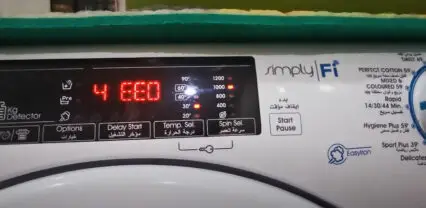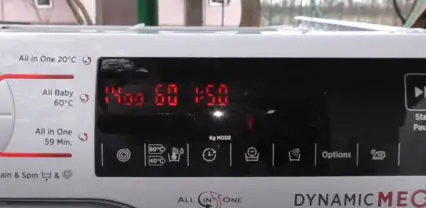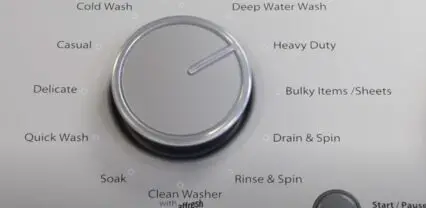What is Microbial?
Microbes are very tiny things that are found complete around us and are very small to be seen by the human eyes. They live in soil, water, as well as in the air. The human body is the house of millions of these microbes also, also named microorganisms.
A few microbial make us sick, and many others are vital for our health. The most common sorts are bacteria, fungi, and viruses. There’re also microbial called protozoa. These are very small living things that are responsible for diseases such as malaria and toxoplasmosis.
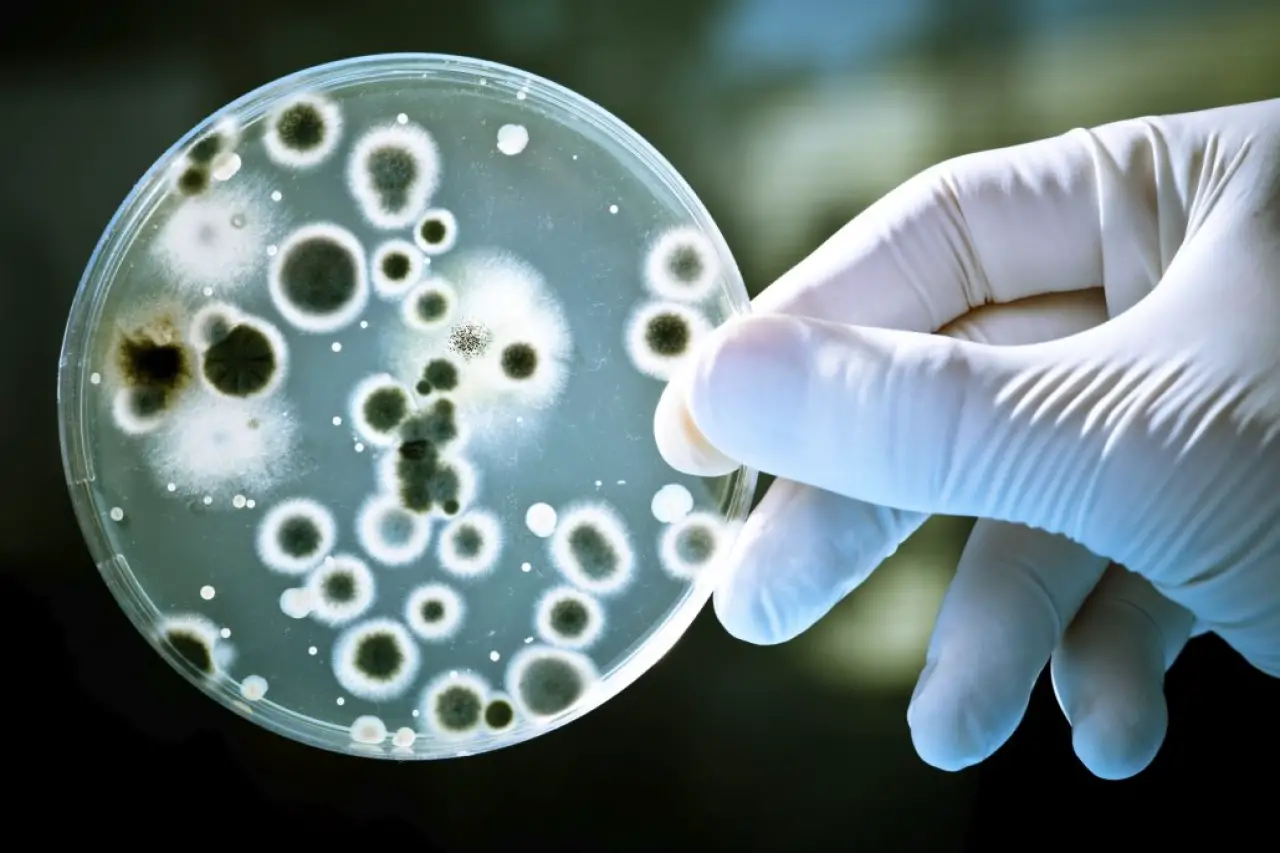
What is Bacterial?
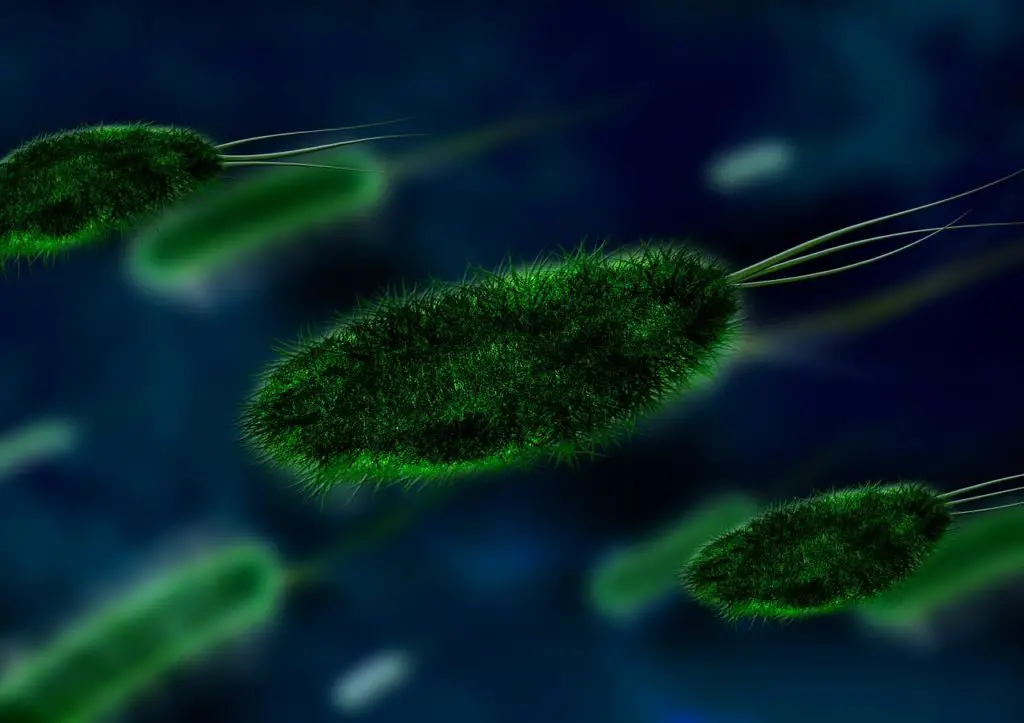
Bacteria are one-cell organisms and a few bacteria need oxygen to survive and many others don’t. Some like to heat and while others prefer cold temperature. Most bacteria are not harmful to us. Several of them even in our body to assist us to stay fit. For instance, lactic acid in the bowel assists us to digest food.
Less than one percent of all are responsible for bacterial infections – but this is only a very rough estimate because there’re no right numbers. Several other bacterial infections – including cold, diarrhea, and tonsillitis can also be caused by a bacterial process, but viruses are normally responsible for them.
Microbial vs Bacterial
| Microbial | Bacterial |
| Extremely small living things particularly one that reason health disease and can just be seen with a microscope | A big group of unicellular microbial that have cell walls, lack of organelles as well as an organized nucleus, including a few which can reason health issue |
| Eukaryotes or Prokaryotes | Prokaryotes |
| Multi cellular or unicellular | unicellular |
| Can be either Archaea, bacteria, algae, fungi, multi-cellular animal parasites or viruses | A type of microbial |
What are Microbial Cleaning Solutions?
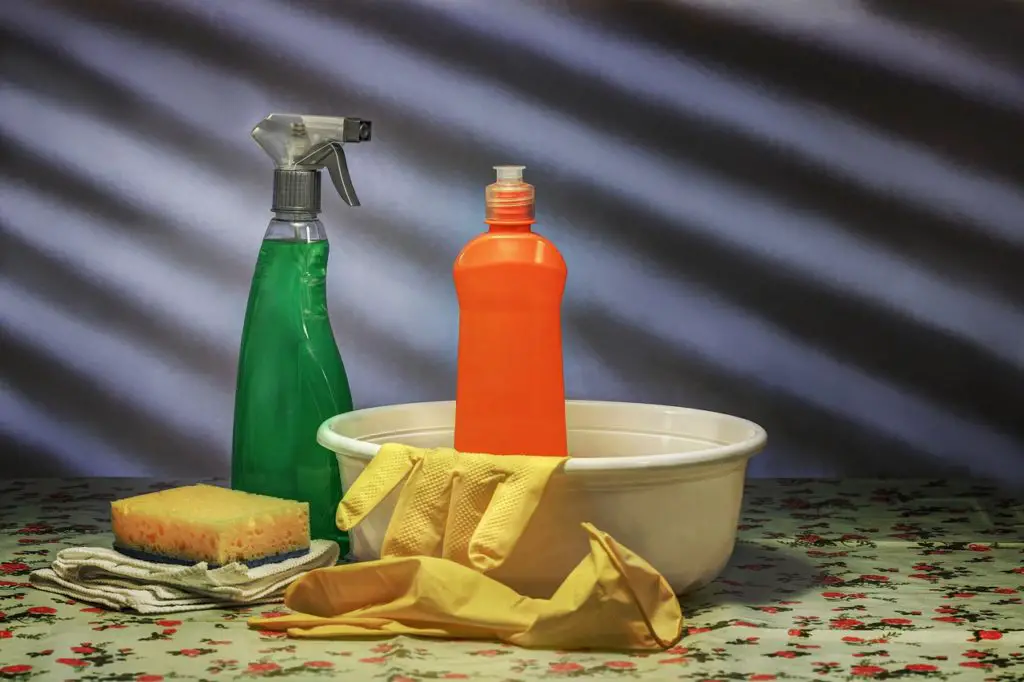
Just like us, microbes have different favorite meals that they love to eat. So while you may prefer hamburgers with some fries on the side, a few microbial prefer grease or petroleum hydrocarbons, or manure, etc.
This is why there are bioactive maintenance products and microbial coating for different applications. You can target what you wish to clean by selecting a product that contains microbial specifically for that cleaning application.
A few cleaning issues fall far outside of normal day housekeeping. Not any amount of soap on the planet will help you clean and remove fast-spreading contaminants from the cold season, kitchen infected with communicable problems. If you are facing massive cleanup you cannot handle on your own, you need professional microbial help. We’re professionals in the microbial coating, helping people across our area deal with all from microbial problems.
Why microbial coating?
Bacteria spread simply from person to person and are often passed alongside on shared areas, making your school, office, home, or workplace a powerful solution. Contact with these contaminates areas is one of the best contributing cases to getting sick as well as spreading disease or illness. That’s why we are here to help you with Microbial cleaning. We are very skilled and experienced in microbial coating for further details feel free to call us.
Microbial and Bacterial FAQs
What causes microbiological contamination?
In the human body, microbiological contamination occurs if a person is facing some serious or poor hygiene conditions. Sick people will be more prone to such kinds of contamination. Some of the most common things that can become a cause or source include pathogens, contaminated soil, water, and manure. An undercooked chicken increases the amount of a bacteria known as campylobacter which is also microbiological contamination.
What causes bacterial contamination?
Bacterial contamination in your blood platelets can occur at various phases and you should do proper care to prevent it. The most common and major causes that can lead to bacterial contamination include contamination while collecting the blood, contaminated blood collection pack, contamination during processing of blood, donor bacteremia, etc. Washing your hands, equipment, and the surface will prevent bacterial contamination to a great extent.
What causes microbial contamination?
Microbial contamination can occur if your food has been contaminated by some microorganisms such as toxins, fungus, molds, viruses, or simple bacteria. Such kinds of bacteria can come from an open environment and can lead to producing toxins that can cause some serious health issues if they get inside your body.
How to avoid bacterial contamination?
Bacterial contamination can occur due to the transfer of different bacteria through blood, food, etc. While talking about food, always wash your hands with soap before doing any work in the kitchen and keep raw food such as meat in a separate bag while shopping. In terms of blood, wash off the equipment and test donors’ blood before transfusion.
How to prevent microbiological contamination?
Contamination can easily be prevented by properly washing, sanitization, and cleaning practices. You should wash your hands and keep your kitchen clean and clear so that microbiological contamination cannot have a place to start. Also, the design of equipment and other accessories should be done in a way that doesn’t allow contamination to occur and grow.
What is the difference between microbial and bacterial?
In simple and comprehensive words, bacteria are just a subset of microbial. While microbial could be eukaryotes, archaea, and bacteria as well. Microbial are just some small living beings such as protozoa, fungus, yeast, bacteria, or any other microorganisms. Bacterial can be classified as prokaryotes and include archaea and eubacteria.
What is the difference between bacteria and microbes?
Microbes are the short form of microorganisms. These are extremely small and called microscopic organisms and come from three branches such as eukaryotes, bacteria, and archaea. Microbes include some viruses as well but they are not alive and cause no issues. Bacteria can only be unicellular organisms, unlike microbes that can be multicellular as well.
What is the difference between bacteria and mycobacteria?
Bacteria are living microorganisms that live freely and are usually composed of a single biological cell. They usually encompass the branch of prokaryotes and are considered one of the firsts living beings to be born on this planet earth. Today, bacteria can be found in almost all habitats in one form or another. Mycobacteria is a form of bacteria but it doesn’t have capsules or outer membranes. The major difference is that the cell wall of mycobacteria is thicker than most other bacteria.
What is the difference between infection and bacteria?
Bacteria are just some living organisms that move here and there. They can be used for various purposes both good and bad. Infection is the spread of any harmful bacteria inside or outside of your body. Bacteria have the ability to affect any part of your body and food poisoning, meningitis, pneumonia are some common diseases caused by bacterial infection.

